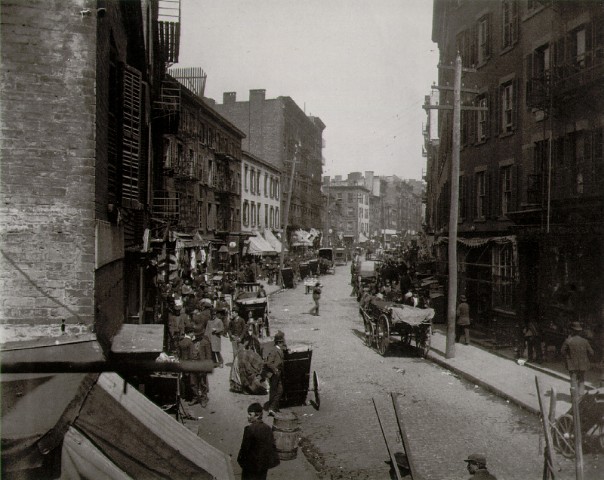

Nineteenth century urban society romanticized rural life. "The frontier farmer was idealized, and it was held to be true that life in the west fostered independence and self-reliance." It was believed that life on the frontier consisted of a classless society in which people were judged not by their family name or position, but on their character, ability, and talent. The belief in "the nobility of country life" and the "purity of lives lived so close to the soil" contributed to the acceptance of the placing out movement by nineteenth century society. The west was viewed as the perfect place for the "urban poor to begin over and reach their full potential." Brace actively pursued the placing out of New York City children in homes in rural America as a result of this idealization of rural life. He viewed the city as "an evil place full of temptations and unsavory associates." Brace believed that children were easily corrupted by the immorality and wickedness they witnessed on the city streets and that this exposure doomed them to a life of crime and misery.
The country, on the other hand, represented a healthy, wholesome environment filled with opportunities for prosperity. Brace held a "startling idealized portrait of country folk." He believed the tables of rural America overflowed with an abundance of nutritious food which rural families would be happy to share with hungry children. Brace believed that rural America was the "cradle of wholesome values." He enthusiastically believed that rural families could be trusted to embrace the disadvantaged children of poor and educate them to become successful, productive members of society. The determination of Brace and the CAS to remove children from New York City, transport them across the country, and place them in rural homes, was a direct result of the romanticized view of rural life held by the majority of people living in nineteenth century society.